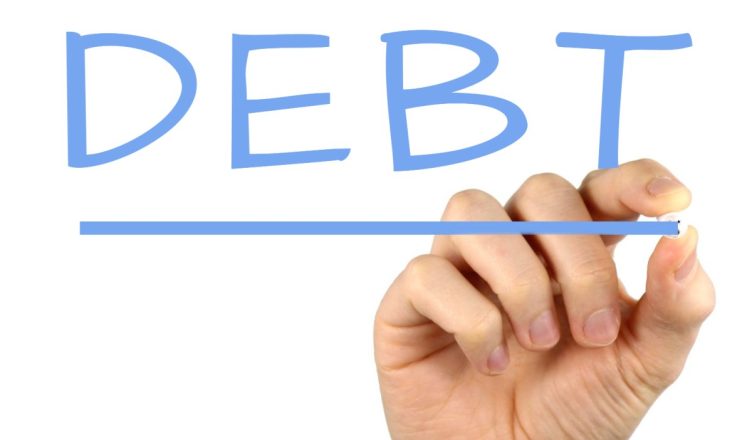One of the consequences of the rising rate of inflation and the cost-of-living crisis is a resort by many people to getting enmeshed in debt. Credit card debt stands at £65 billion, rising from £54.9 billion in 2022. Mortgage debts stand at £1,457 billion up from £1, 349 billion from the previous year. Consumer debt has risen to £147 billion from £141.5 billion in 2022. Student loan debt is up to £181.6 billion from £140.1 billion in 2022.
In addition, payday loans and utility bills debts have shot up. These are all according to figures supplied by the Bank of England, the personal finance firm AJ Bell, and the consumer lender Fluro.
The Covid pandemic put many in a shaky financial position, and high inflation, rising energy bills and food prices have aggravated this further.
There was a 22% increase in requests for loans in April 2023 from the previous April, and a 29% increase in loans requested by homeowners with a mortgage, due to rising interest rates. The Office of National Statistics reported that 1.4 million homeowners have their fixed-rate mortgage deals expiring this year, with monthly repayments rising massively. These fixed-rate loan deals were mostly five and two-year deals taken out in 2018 and 2021 respectively when mortgage rates were at all-time lows at around 2%. A succession of eleven rate rises by the Bank of England since December 2021 means that fixed-rate mortgage rates now stand at an average 5.28 % for two-year deals and 5% for five-year deals. The Bank of England did this in attempts to slow down inflation.
This situation is also reflected among renters with an 18% increase in loan requests. A recent report from Zoopla showed rents rising by 11%.
More than 1 million people borrowed money from loan sharks in 2022 up from 310,000 in 2010, according to the think tank the Centre for Social Justice.

